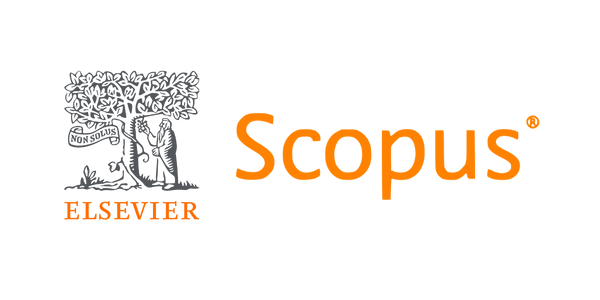Knowledge and practice of universal precautions among professionals in public and private health facilities in Uyo, southern Nigeria- A comparative study
DOI:
https://doi.org/10.61386/imj.v5i1.95Keywords:
Knowledge, Universal Precautions, Health Workers, Health Facilities, Bloodborne Pathogens, Practice ScoreAbstract
Background: Occupationally acquired blood borne pathogens are becoming major killers globally. Consequently, the practice of Universal Precautions (UP) is key in protecting health workers from these pathogens.
Objective: This was to assess the knowledge and practice of UP among health workers in private and public hospitals in Uyo, Nigeria.
Method: This was a cross sectional study in which all eligible health workers in the private facilities were enlisted, while health workers from the public facilities were selected through multistage sampling method. Data obtained was analysed using SPSS version 11.
Result: A total of 360 respondents participated in the study, 240 (66.7%) from the public and 120 (33.3%) from the private facilities. Overall, 154 (64.2%) of the health workers in the public, compared to 65 (54.2%) in the private facilities had good knowledge of UP (x2= 8.09, p< 0.05) with a mean score of 14.5 out of 20 in the public and 12.3 in the private facilities. Those in the public facilities had a UP practice score of 11.86 out of a total score of 18 which was significantly higher than 9.54 in the private hospitals (t=6.01; p<0.05). Gloves and leak proof containers were the UP materials most in use in all facilities. Doctors recorded the highest use of UP materials in all facilities.
Conclusion: Though the knowledge and practice of UP were generally better in public compared to private facilities, there is need for training on UP in both public and private health facilities to improve the practice of UP.
Published
Issue
Section
License
Copyright (c) 2012 Johnson OE, Asuzu MC, Adebiyi AO

This work is licensed under a Creative Commons Attribution 4.0 International License.










